TRD Issue 74 - Briefing: AI-Powered Google Search, Robotic Warehouses, and Food Delivery Acquisitions in Taiwan
GenAI reshapes search, Amazon's robot army grows, luxury goes mobile, shoppable ads hit streaming, and Uber's big food delivery move in Taiwan.
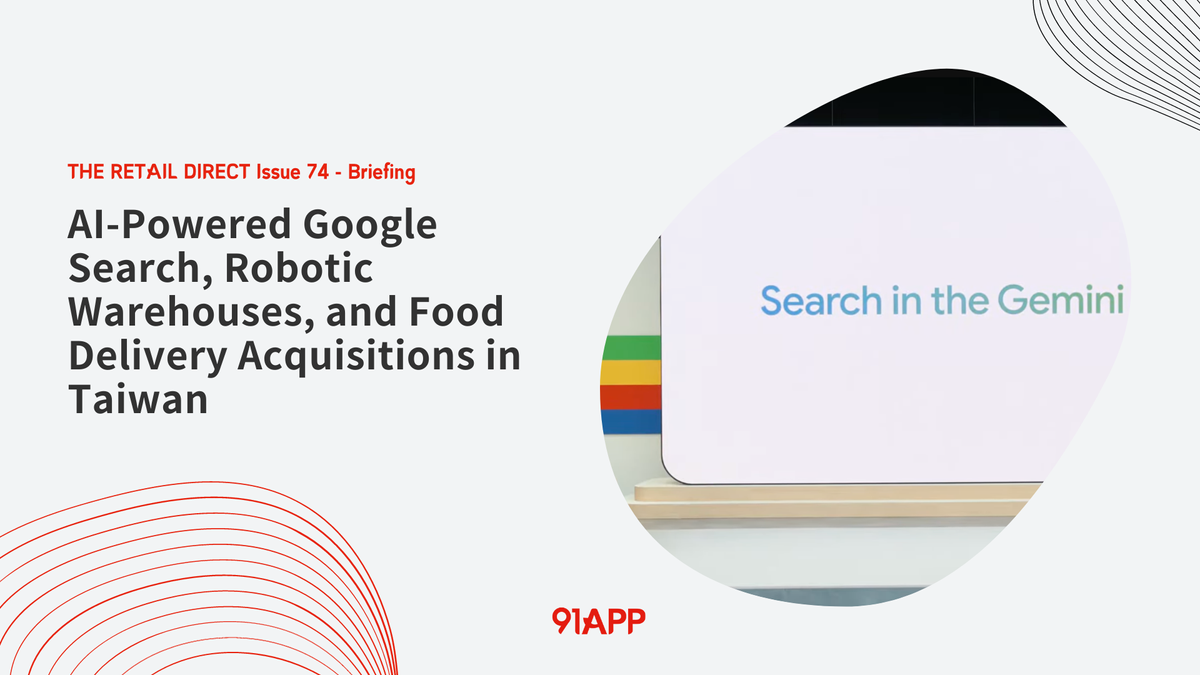
Hello Subscribers,
This week, we see some major players making bold moves that could reshape how we shop and interact with brands.
Google is shaking things up in the search world, announcing plans to use generative AI to organize some search results pages. This could dramatically change how we find and consume information online.
Meanwhile, Amazon is doubling on automation, significantly expanding its warehouse robot fleet from 350,000 in 2021 to 750,000 in 2023. It clearly indicates that the e-commerce giant is betting on tech to streamline operations.
In the world of luxury retail, Marrow Fine is taking a different approach, launching a mobile app to capture more online shoppers. It's a reminder that even in high-end markets, digital strategies are crucial.
Speaking of digital strategies, Amazon is also introducing new shoppable ad formats for streaming TV, including interactive options that could transform how we shop while we stream.
Lastly, we're seeing significant consolidation in the food delivery space, with Uber set to acquire Foodpanda's Taiwan business for $950 million. This move could create a potential monopoly in the Taiwanese market, raising interesting questions about competition and regulation.
See you next week, and happy reading!
The Retail Direct
About 91APP
Founded in 2013, 91APP is the premier OMO (online-merge-offline) SaaS company, providing one-stop omnichannel retail solutions in Taiwan, Hong Kong, and Malaysia. It offers advanced Commerce Solutions and Marketing Solutions that enable retail brands to penetrate the D2C (Direct-to-Consumer) e-commerce market and drive operational benefits to their full potential. In 2021, 91APP became the first SaaS company to be listed in Taiwan and has been named one of Taiwan's "NEXT BIG" companies by Startup Island TAIWAN.
For more information about 91APP (TWO: 6741), visit www.91app.com.
AI
Google Will Soon Start Using GenAI to Organize Some Search Results Pages
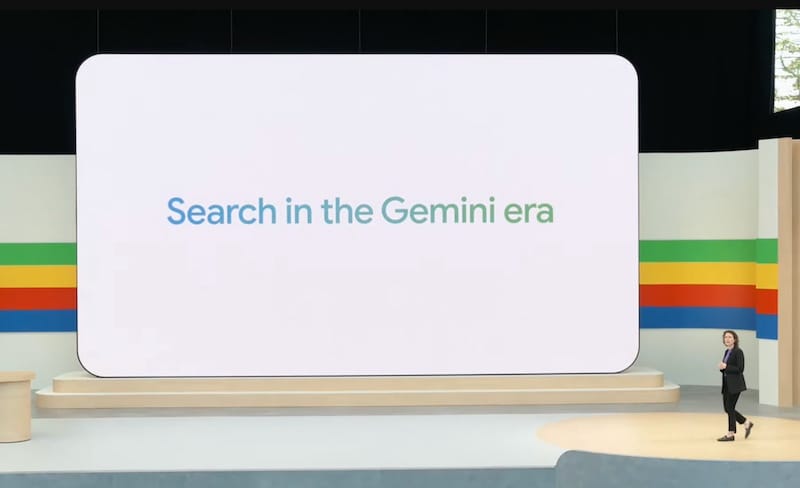
Why it is important
- Using generative AI for organizing search results could change how users interact with and consume information online and how businesses and websites manage their SEO strategies.
- Google's CEO Sundar Pichai framed this change as an opportunity for growth and improved user experience rather than replacing traditional search.
What happened
- Google announced plans to use GenAI to organize search results pages for specific queries.
- The AI-organized results will initially focus on searches related to inspiration, dining options, and recipes, with more categories to follow.
- These new results pages will feature AI-generated summaries, recommendations, and curated lists based on the search topic.
- The traditional "web results" option will remain at the bottom of these new AI-organized pages.
Source: TechCrunch
TikTok Will Automatically Label AI-Generated Content Created on Platforms Like DALL·E 3
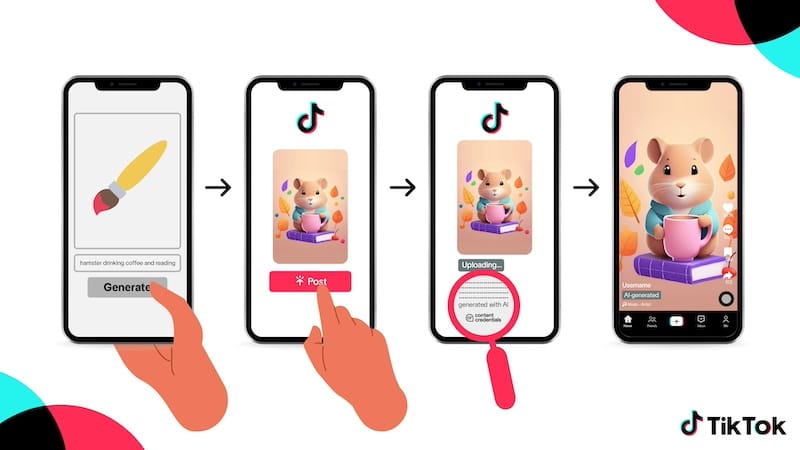
Why it is important
- It addresses growing concerns about the spread of misinformation and the potential misuse of AI in content creation.
What happened
- TikTok announced it will automatically label AI-generated content created on other platforms.
- The platform implements content credentials technology from C2PA, which Microsoft and Adobe co-founded.
- This labeling will apply to content created with services like OpenAI's DALL·E 3 and Microsoft's Bing Image Creator.
- TikTok plans to attach Content Credentials to AI-generated content created on its platform in the coming months.
- The company emphasizes its commitment to combating deceptive AI use in elections and prohibiting harmful AI-generated content.
Source: TechCrunch
Retail
Fast-Growing Chinese Retailer Miniso Shifts Expansion Focus Overseas
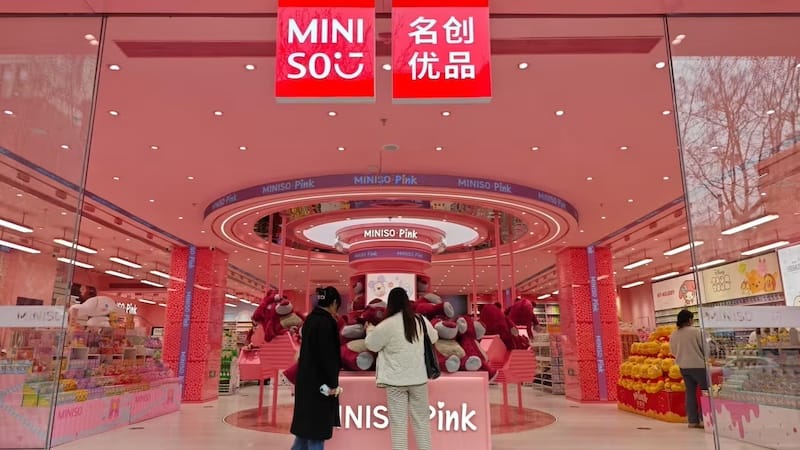
Why it is important
- This shift reflects the broader trend of Chinese companies seeking growth overseas due to weak domestic consumption.
What happened
- Miniso plans to open around 600 overseas stores and 400 in China this year, focusing on expansion outside China for the first time since 2019.
- The company aims for overseas markets to contribute over half of its sales within the next 2-3 years, up from 35% last year.
- Following a nationalist backlash in 2022, Miniso has adapted by incorporating Chinese cultural elements into its offerings and benefiting from local consumers opting for less expensive retailers.
Source: FT
Kohl's New Brand Partnerships With Babies R Us and Instacart Feel Like Déjà Vu

Why it is important
- This reflects the ongoing challenges traditional department stores face in adapting to changing retail landscapes.
- It highlights the potential limitations of relying on partnerships to drive growth without addressing core business issues.
What happened
- Kohl's has formed new partnerships. Babies R Us will open locations in 200 Kohl's stores by the holiday season, and Kohl's will offer same-day delivery through Instacart.
- Despite partnerships with Amazon and Sephora, Kohl's faces sales challenges, with analysts advising a focus on core business improvement.
Source: Modern Retail
e-Commerce
Amazon's Warehouse Robot Army Keeps Getting Bigger and Bigger
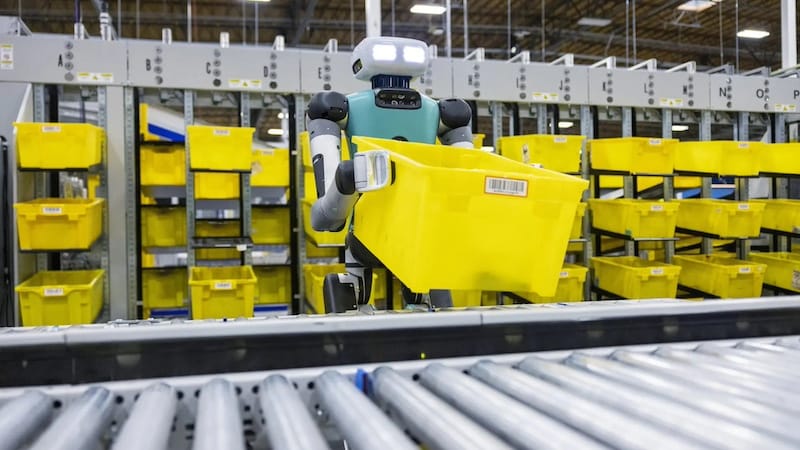
Why it is important
- It demonstrates Amazon's significant investment in robotics technology to improve efficiency and workplace safety.
What happened
- Amazon's warehouse robot fleet grew from 350,000 in 2021 to 750,000 in 2023, introducing robots like Robin and Sparrow to enhance efficiency and reduce employee strain.
- Implementing robotics has reportedly improved inventory speed and safety, creating over 700 job categories.
- Despite the significant increase in robots, Amazon maintains a much larger human workforce.
Source: Business Insider
D2C
Why Marrow Fine Is Betting on a New Mobile App to Capture More Online Shoppers

Why it is important
- The brand's mobile app was popular in its early days but has lost popularity. Marrow Fine’s decision underlines the ongoing challenge of engaging customers in a crowded digital marketplace.
What happened
- Marrow Fine is launching a mobile shopping app offering exclusive deals to increase purchases, responding to the fact that 82% of its e-commerce traffic is mobile.
- The app will feature push notifications, early product access, and exclusive sales to leverage customer engagement.
- Despite growing competition in digital marketing channels, the self-funded company has grown significantly since its 2016 founding, with e-Commerce accounting for 10-15% of its business.
Source: Modern Retail
Marketing
Amazon Introduces New Shoppable Ad Formats

Why it is important
- Amazon is expanding into interactive and shoppable advertising in the streaming space.
What happened
- Amazon Ads introduced three new ad formats for Prime Video: Shoppable Carousel Ads, Interactive Pause Ads, and Interactive Brand Trivia Ads, enabling direct shopping from ads.
- The interactive ads reportedly drive higher conversion rates and product page views, positioning Amazon in competition with platforms like Hulu and Peacock.
- Prime Video's ad-supported version reaches an average of 200 million monthly consumers, with a formal presentation of these new ad formats scheduled for May 14.
Source: Digital Commerce 360
Asia
Uber to Acquire Foodpanda's Taiwan Business for $950 Million, Creating a Potential Monopoly
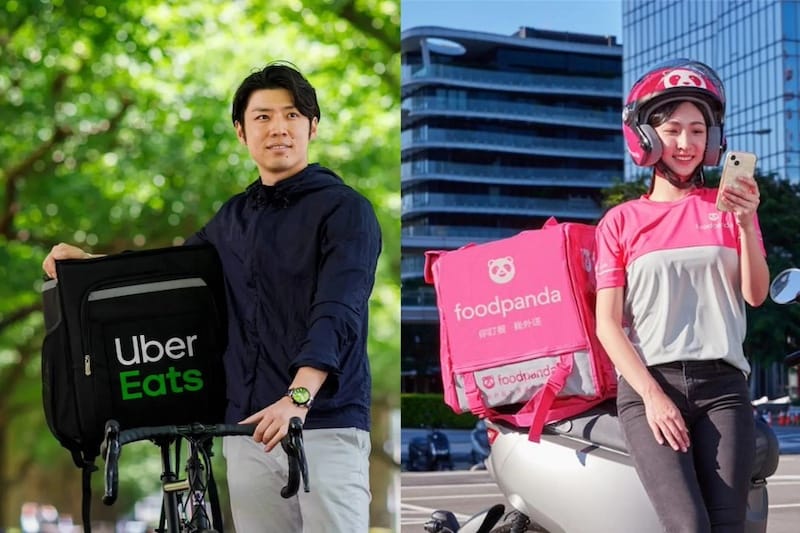
Why it is important
- This acquisition could create a potential monopoly in Taiwan's food delivery market and represents a significant shift in the competitive landscape of food delivery services in Taiwan.
- The deal is one of Taiwan's most significant international acquisitions outside the semiconductor industry.
What happened
- Uber Technologies is buying Foodpanda's Taiwan business from Delivery Hero for $950 million, anticipated to close by the first half of 2025.
- Delivery Hero will sell $300 million in newly issued shares to Uber as part of a separate agreement.
- The acquisition could lead to a potential monopoly for Uber in Taiwan's food delivery market, as Foodpanda and Uber Eats currently hold 52% and 48% of the market, respectively.
Source: CNBC
Shinsegae's Day of Reckoning Looms for Online Ambitions

Why it is important
- Aggressive expansion in e-commerce has risks, like overpaying for acquisitions and missing growth targets. This case is a cautionary tale for retail and e-commerce companies.
What happened
- Shinsegae expanded its business portfolio by purchasing Gmarket and Auction from eBay Korea in 2021, acquiring W Concept and a professional baseball team. However, its subsidiary, E-Mart, faced a significant loss in 2023.
- SSG.COM, another Shinsegae subsidiary, is struggling with meeting its gross merchandise value targets and IPO conditions, losing to competitors like Coupang and facing challenges from new Chinese market entrants.
- Legal disputes loom over Shinsegae due to conflicts with Affinity Equity Partners and BlueRun Ventures regarding unmet obligations in put option contracts for their investments in SSG.COM, exacerbated by the departure of SSG.COM's CFO and diminishing IPO prospects.
Source: KED Global
Small, Low-Value Items Imported on E-Commerce Platforms Should Be Taxed
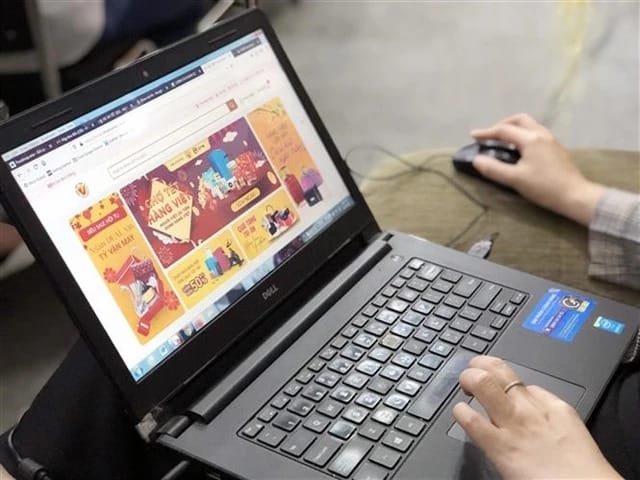
Why it is important
- The Vietnamese government might consider taxation on small and low-value items through cross-border e-Commerce.
What happened
- Vietnamese officials and industry experts advocate removing tax exemptions on low-value items imported through e-Commerce, citing unfair competition for domestic sellers.
- Daily imports from China to Vietnam average 4-5 million orders, potentially amassing up to 63 million USD, with proposals to apply VAT and other taxes.
- While some see taxation as a means to level the playing field and boost domestic revenue, others argue the focus should be on improving domestic product quality and branding.
Source: Vietnam Plus





Comments ()